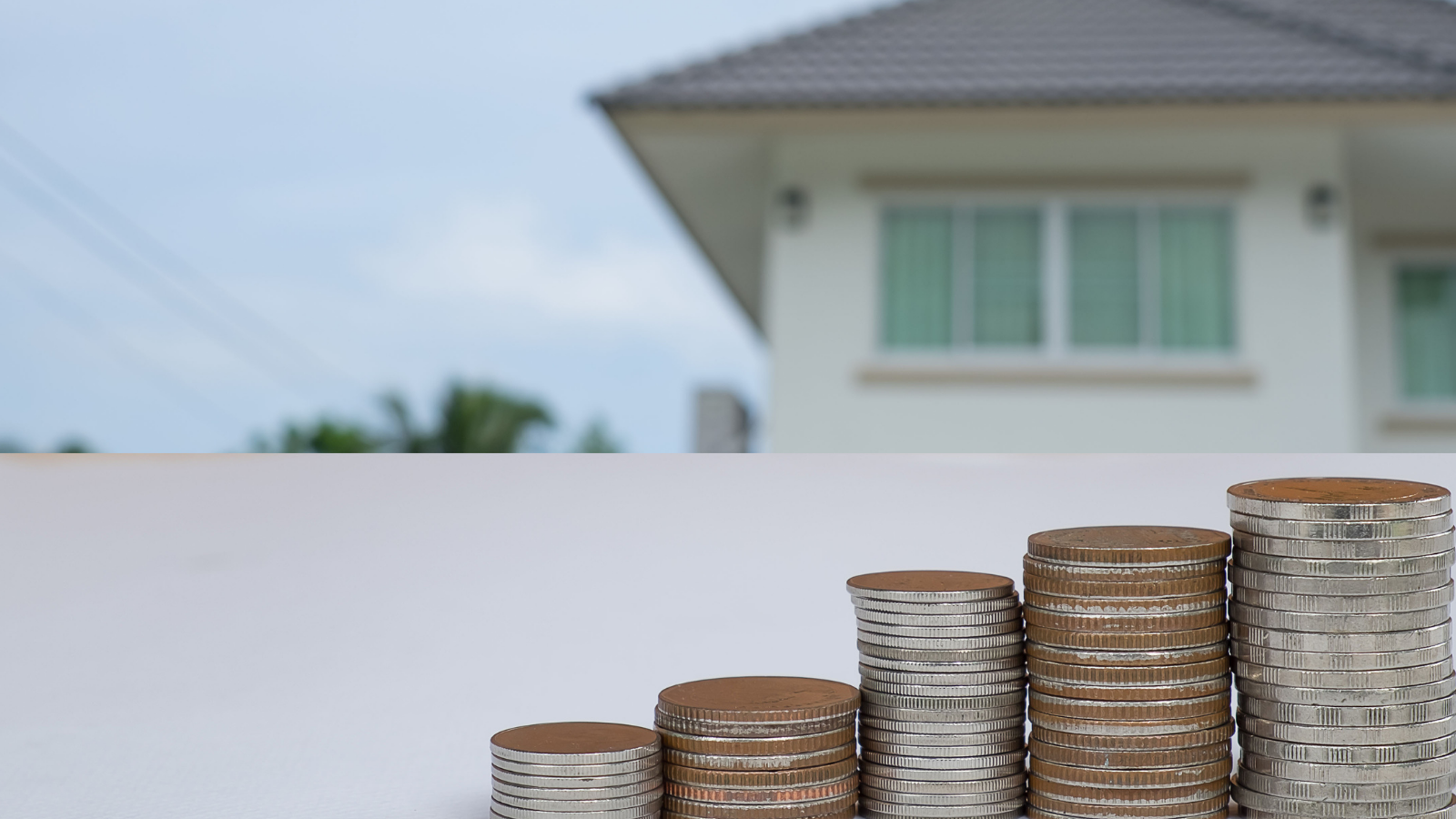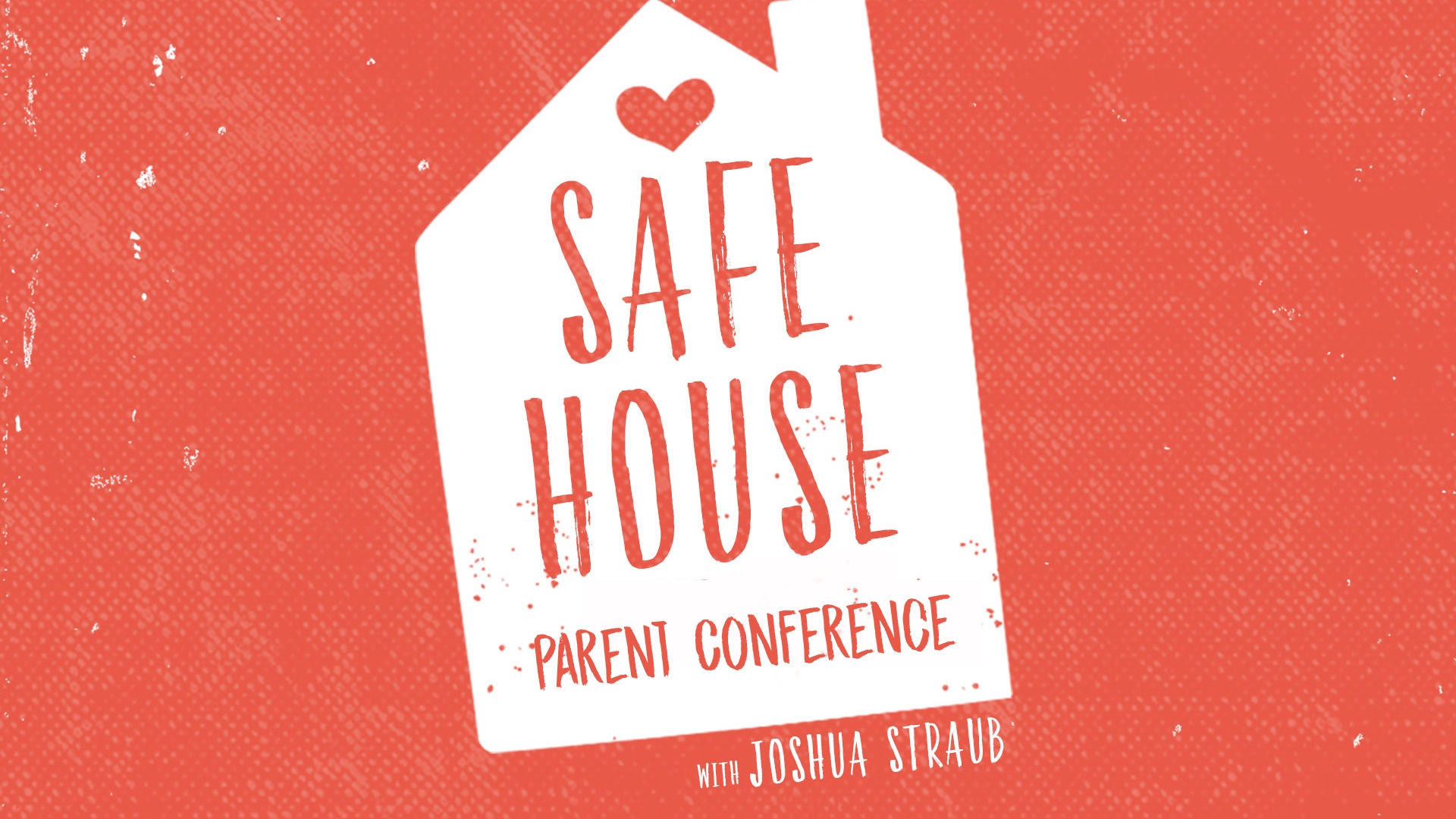Table Of Content

In short, you should have enough saved to cover closing costs, moving expenses and the down payment. The exact dollar amount this equates to varies from buyer to buyer, based on the home’s sale price and the amount you want to put down. Laddering CDs is using multiple CD accounts that mature on different dates, enabling you to get a CD interest rate but not lock up all your money for a long time. The only problem with this strategy is that in 2021, top CDs are only paying 0.70% — just a smidge better than you’d get in a high-interest savings account. You’re better off spending your time making extra money than opening and keeping track of laddered CDs. If you want to save for a house fast, you need to be debt-free and have an emergency fund of 3–6 months of expenses saved.
I can’t afford a house—what do I do?
But be sure to check the app credentials before you download it. It is important to put your funds in the right place when learning how to save for a house. You can save money on moving by DIYing tasks that can be done safely, such as packing and cleaning.
Explore options for first-time buyers
The size of your home and the distance moved will play a role in how much you pay for movers. Home Advisor estimates a cost of at least $2,300 for full-service movers (including packing) or up to $800 to just move the contents of a three-bedroom house locally, for example. A home is most likely the biggest purchase you’ll ever make, but in terms of saving for it, “as much as possible” isn’t a good target. We believe everyone should be able to make financial decisions with confidence. You could also look into side hustles as a form of supplemental income. Some ideas include freelancing, dog-walking or selling stuff on an online marketplace.
A Packed Forum Seeks Solutions to Save the Pink House on Plum Island - Northshore Magazine
A Packed Forum Seeks Solutions to Save the Pink House on Plum Island.
Posted: Wed, 22 Nov 2023 08:00:00 GMT [source]
Trim Routine Expenses
You’re probably familiar with the cash-back and points rewards that go with most credit cards, but some checking accounts offer them, too. These kinds of accounts often have higher-yield interest rates, along with added perks like cash back, airline miles, or cash bonuses when you initially open the account. However, a savings account, even one that doesn’t earn much interest, does still benefit you as a homebuyer. You may get better yields by choosing money market accounts (MMAs) or certificates of deposit (CDs). So, you may have to pay a big chunk of the interest you’ve earned if you redeem your CD early. And many banks cap the number of withdrawals you can make from an MMA each year.
If you decide to use it for anything other than your first home or retirement, you lose the government bonus and will need to pay tax on your savings. You can open a LISA account if you're between the age 18-39, and you can pay a maximum of £4,000 each tax year into the account until you reach the age of 50. The government then adds a 25% bonus on top of your savings – the maximum bonus you can earn in a tax year is £1,000.
What not to do with your down payment savings
After all, how do you determine how much to spend on groceries if this is your first time tracking your money? Accept that your first few budgets won’t be perfect, but keep working to polish your budgeting system. When you need to spend money for an item in a given category, you withdraw the cash to pay for it. When you run out of cash in an envelope, you’re done spending money in that category for the month.
Sign up for a budgeting app

As noted, you’ll pay less in interest if you’re able to save 20% down. This is because you’ll avoid private mortgage insurance (PMI). While it’s not required to save 20% down to obtain a loan, it’s something I strongly recommend. In addition to the down payment, you’ll need to set aside money for closing costs. These vary greatly by state (thanks to taxes) but usually range between 1% and 3% of the purchase price.
While we strive to provide a wide range of offers, Bankrate does not include information about every financial or credit product or service. That depends on the price of the homes you’re considering and the mortgage loans you’re eligible for. If you’re a military member or veteran, for example, you’ll qualify for a no-down-payment VA loan.
There is no one-size-fits-all method to save money quickly for a house. However, when beginning to save for a down payment, cutting back on extra expenses can free up some room in your budget to increase savings. Housing costs are often the biggest monthly expense so if you're able to do so, consider moving back in with family (even for a little while) to cut your current housing costs.
Still, for now, it’s probably safer to assume that home prices won’t fall far by the time you’re ready to buy. So if you are devising a plan for how to save for a house, set your budget based on the current prices of the sorts of homes you want. And, if mortgage rates do continue to head lower, you should be able to afford a better home.
While savings accounts are paying abysmal interest rates these days, they’re the safest place to park your down payment savings. If you have less than a year towards your goal, sticking with a high-interest account is your best bet. I personally like Betterment’s Goal Based Portfolios for major purchases. These portfolios allow you to set a goal and choose a time frame; Betterment then chooses the ideal mix of investments. If your goal is less than five years away, you still won’t be taking much risk, but this strategy can out-gain what a high-interest savings account pays. If you’re putting your down payment fund in the same place where you pay your rent and your bills, you’re going to see way more money coming out than staying in, no matter how hard you try to discipline yourself.
How To Save For A House (Without Changing Your Lifestyle) - The Mortgage Reports
How To Save For A House (Without Changing Your Lifestyle).
Posted: Thu, 19 Jan 2023 08:00:00 GMT [source]
Bankrate follows a strict editorial policy, so you can trust that we’re putting your interests first. Our award-winning editors and reporters create honest and accurate content to help you make the right financial decisions.Here is a list of our banking partners. At Bankrate we strive to help you make smarter financial decisions. While we adhere to stricteditorial integrity,this post may contain references to products from our partners. The offers that appear on this site are from companies that compensate us. But this compensation does not influence the information we publish, or the reviews that you see on this site.
However, be sure you understand the account’s terms, especially if you put money in CDs. Choose a maturity date long before you’ll need the funds to buy your house. Remember, you will need to submit a self-assessment tax return and pay income tax on any extra money you make.
Remember—this is how to save for a house, by letting go of things you don't really need in exchange for a bigger dream. Saving for a house or any major purchase is often about making small changes that pay off over time. It can also mean thinking outside the box when it comes to income and lifestyle. Not only will you grow your savings, but you'll also create new financial habits that could serve you well for a lifetime.
Apart from acquiring good money habits, you can also strive to change or eliminate poor money habits. "Some habits that people can change to save a bit more money is to eat out less or only buy what is necessary," Bolstad advises. If you have an older home or a fixer-upper in mind, also consider any initial repairs you’ll need to make before you move in.

No comments:
Post a Comment